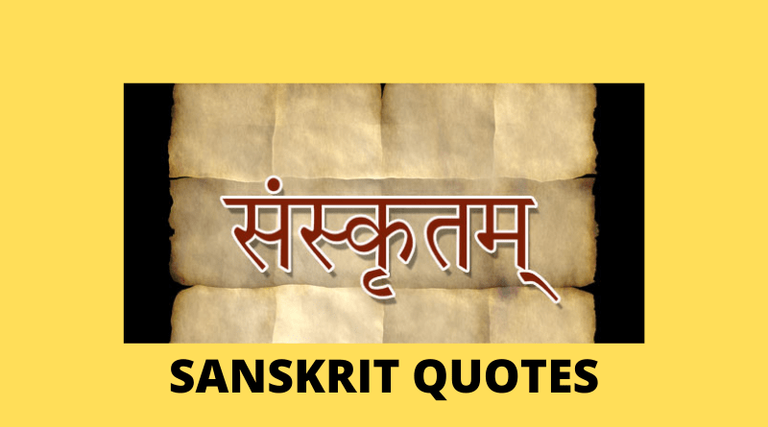In India "Jyotish Shastra" is very popular. It actually, refers to the traditional system of Hindu astrology in India, also known as "Vedic Astrology," which is based on the study of the positions of celestial bodies and their influence on human life, rooted in the ancient Vedic scriptures and considered one of the six auxiliary disciplines of Hinduism. The term "Jyotish" itself means "light" or "science of light" in Sanskrit.
There are always some discusion over the outcome of the jyotish shastra results. To highlight the genuinely, our scolars has put up the following lines / verses :
अप्रत्यक्षाणि शास्त्राणि विवादस्तत्र केवलं|
प्रत्यक्षं ज्योतिषं शास्त्रं चन्द्रार्को यत्र साक्षिणो||

Apratyakshaani shaastraani vivadastatra kevalam.
Pratyaksham jyotisham shastram chandraarko yatra saakshino.
Apratyakshaani = invisible.
Shaastraani = various scientific and other disciplines of knowledge.
Vivadastatra = vivaadah + tatra. Vivaad = controversy, dispute.
Tatra = there
Kevalam = only.
Pratyaksham = visible, self evident. Jyotisham = Astronomy.
Shastram = science.
Chandraarko = Chandra + Arko.
Chandra = the Moon.
Arko = the Sun.
Yatra = where.
Saakshino = eye witnesses.
In those disciplines of Science and other allied subjects, where end results of a concept are not visible or are doubtful, there is always some controversy or dispute. But in the case of Astronomy it is not so, because the Moon and the Sun act as an eye-witness to prove the correctness of the concepts.
"Jyotish Shastra" in India has two branches, the one which is most scientific and based on the movement of the Sun, Moon and other planets, as codified by our Rishis (sages) thousands of years ago through minute observations without the help of advanced instruments as available nowadays. The other branch as its off-shoot is the prediction of the future of a person by drawing a natal chart of the planets at the time of birth of a person, called a horoscope. The latter's deductions of future are always subject matter of disputes and it is not considered scientific. But in the case of Astronomy the predictions about solar and lunar eclipses and other matters are always correct, as they are based on sound scientific principles, and the Sun and Moon prove the correctness of the theory of the subject.
Sending Love and Ecency Curation Vote!
 Follow Eceny's curation trail to earn better APR on your own HP. : )
Follow Eceny's curation trail to earn better APR on your own HP. : )
This post has been manually curated by @steemflow from Indiaunited community. Join us on our Discord Server.
Do you know that you can earn a passive income by delegating to @indiaunited. We share more than 100 % of the curation rewards with the delegators in the form of IUC tokens. HP delegators and IUC token holders also get upto 20% additional vote weight.
Here are some handy links for delegations: 100HP, 250HP, 500HP, 1000HP.
100% of the rewards from this comment goes to the curator for their manual curation efforts. Please encourage the curator @steemflow by upvoting this comment and support the community by voting the posts made by @indiaunited..
This post received an extra 6.07% vote for delegating HP / holding IUC tokens.
Hello queenart!
It's nice to let you know that your article will take 7th place.
Your post is among 15 Best articles voted 7 days ago by the @hive-lu | King Lucoin Curator by keithtaylor
You receive 🎖 1.7 unique LUBEST tokens as a reward. You can support Lu world and your curator, then he and you will receive 10x more of the winning token. There is a buyout offer waiting for him on the stock exchange. All you need to do is reblog Daily Report 553 with your winnings.
Buy Lu on the Hive-Engine exchange | World of Lu created by szejq
STOPor to resume write a wordSTARTThank you
💖
🙂